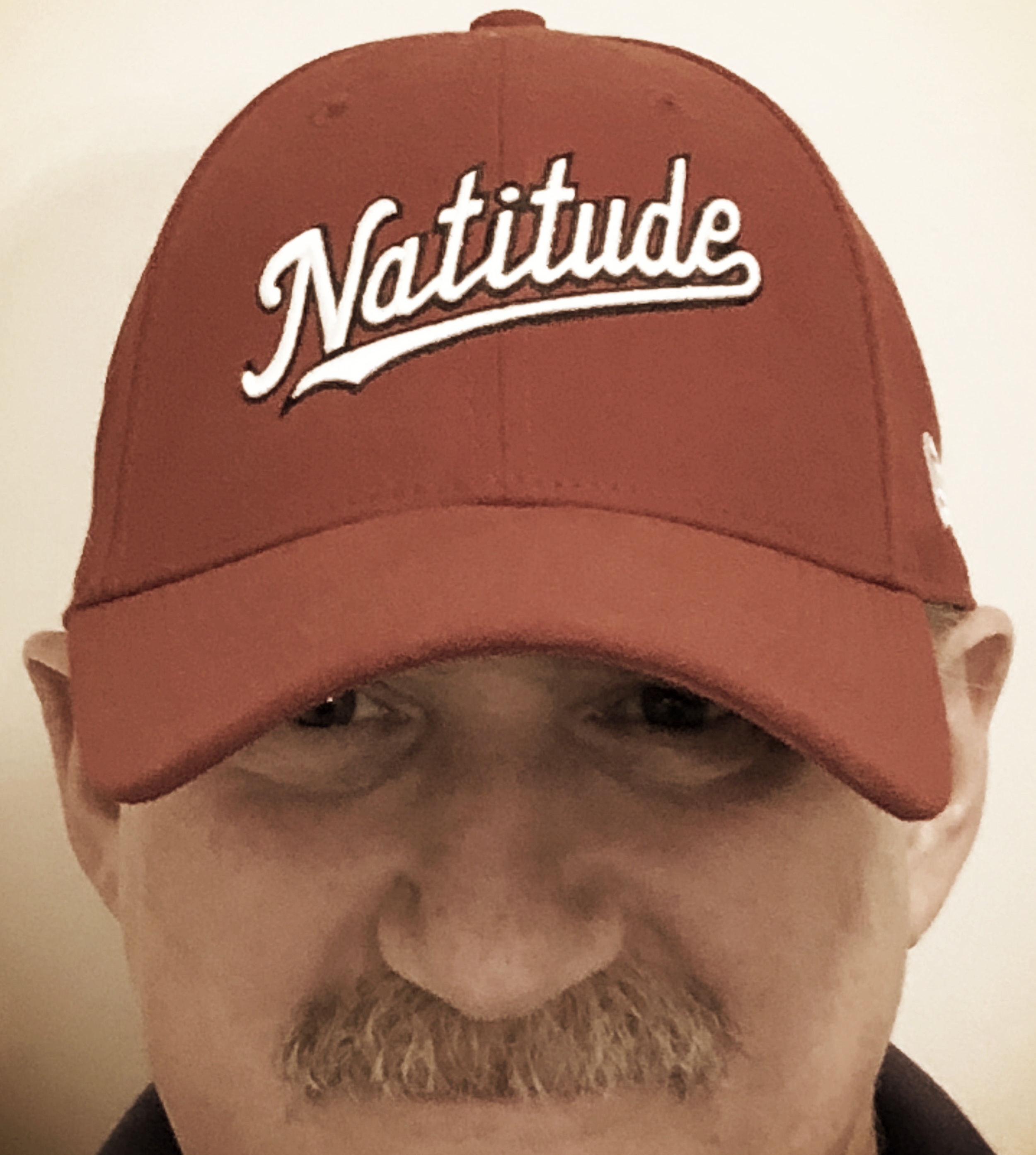I love a good analogy, so let's see if I can successfully navigate a connection between Wordle and Cancer.
I'm not a Wordle-er, so I apologize if my references are a bit off. As I understand it, players work with the letters of the alphabet. Through a process of trial-and-error, certain letters will be used (and others won't). The placement of those lucky letters can also vary within the eventual 5-letter answer. There are many variables at play: guessing the letters, guessing their placement, and even if any of them are duplicated. Ok, here we go . . .
Of the many things I have learned along my journey (and at work): even within one type of cancer (Multiple Myeloma in this case), there can be myriad factors that lead to the initiation of the disease. The patient's individual trigger will have a strong bearing on their diagnosis and prognosis. After sequencing my DNA, it was determined that I was lucky enough to have a fairly common version of the MM, which decreased the variables and increased the positivity of outcome.
This also helped narrow the field of therapy choices to begin with and then sequence through, toward attaining my current state of stabilization. However, my initial kidney issues played a factor in Dr S's decisions about what meds to use (and which to avoid - staving off further kidney trauma). Much like the always-possible double-letter in a Wordle word.
As we have discussed often within these postings, each patient brings a body full of issues (comorbidities) and variables which affect what drugs to use and how they might interact or work. It's not so much a blind guessing game of trial-and-error, as much as ascertaining an optimum course of treatment that may need to be tweaked in response to the body's reaction.
The idiosyncrasies of an individual's side-effect reactions to a given treatment choice can also cause a need to change dosing levels/frequency, or even try some other chemotherapies or monoclonal antibodies (letter) to get to the desired outcome.
And to carry the comparison even further, the order of the administration of all of the various drugs (chemos, mAb’s and even prophylaxis), can often need to be juggled to manage interactions and maximize response. (I know that these three letters are right, but not necessarily exactly in what order).
So there you have it: same-same (as one of our daughters used to say). I don't mean to be glib, as we seek to make sense of this often senseless situation. Oncologists aren't guessing because they don't know, they're working through the incalculable variables to find the perfect mix of meds (letters) to get your "cure" (Wordle word).




